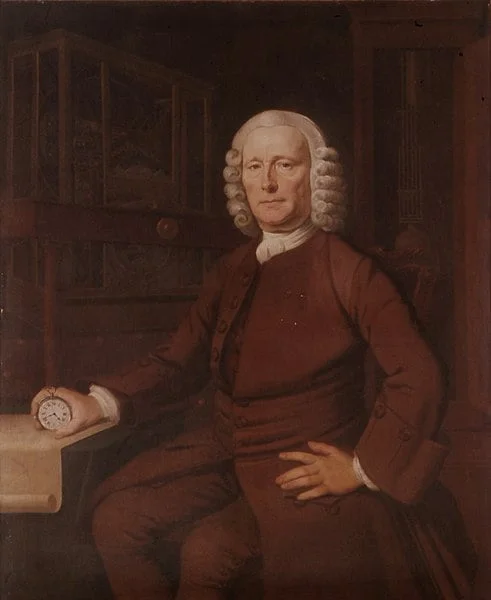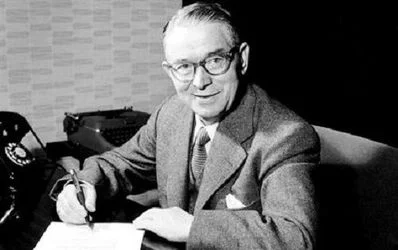Real Celebrities Never Die!
OR
Search For Past Celebrities Whose Birthday You Share

source:wikipedia.org
John Harrison
Birthday:
03 Apr, 1693
Date of Death:
24 Mar, 1776
Cause of death:
Natural causes
Nationality:
English
Famous As:
Carpenter
Age at the time of death:
82
John Harrison's Quote's
Early Life and Interest in Timekeeping
John Harrison, born on April 3, 1693, in Foulby, Yorkshire, England, showed an early interest in mechanical devices, particularly clocks and watches. Raised in a working-class family, his curiosity about timekeeping mechanisms set the foundation for his future career as a renowned horologist.
Apprenticeship and First Achievements
Harrison’s fascination with clocks led him to apprentice as a carpenter and later as a clockmaker. In 1730, he completed his first longcase clock, which demonstrated his innovative designs and craftsmanship. This achievement marked his entry into the realm of precision timekeeping.
The Longitude Problem and Harrison’s Determination
Harrison became deeply involved in solving the “longitude problem,” which had long plagued navigators. Inaccurate methods for determining longitude caused countless maritime disasters. Understanding the need for a reliable solution, Harrison dedicated himself to developing a marine chronometer that could maintain accurate time at sea.
The H4 Chronometer: A Breakthrough in Navigation
In 1735, Harrison created a wooden clock that resisted the swaying motion of a ship, sparking his quest for more accurate marine timepieces. His efforts culminated in the H4 chronometer in 1759, a compact and precise device that enabled sailors to determine their longitude with exceptional accuracy, revolutionizing navigation and improving maritime safety.
Challenges and Resistance from the Scientific Community
Despite the undeniable success of his chronometers, Harrison faced skepticism and resistance from the scientific establishment. The Board of Longitude, responsible for awarding a prize for solving the longitude problem, was hesitant to recognize his work. With the support of King George III, Harrison eventually secured the recognition and reward he deserved.
Legacy and Personal Dedication
John Harrison was known for his meticulous nature and relentless dedication to perfecting his chronometers. His efforts earned him the Copley Medal from the Royal Society in 1749 and 1765. Harrison passed away on March 24, 1776, leaving behind a legacy that transformed navigation and timekeeping, making him a pivotal figure in maritime science.
Name:
John Harrison
Popular Name:
John Harrison
Gender:
Male
Cause of Death:
Natural causes
Spouse:
Place of Birth:
Foulby, Wakefield, West Riding of Yorkshire, England
Place of Death:
London, England
Occupation / Profession:
Harrison’s H4 chronometer, completed in 1759, played a pivotal role in solving the longstanding problem of determining a ship’s longitude accurately. This invention revolutionized navigation, significantly improving the safety and efficiency of maritime travel.
In 1713, before delving into the intricacies of marine chronometers, Harrison crafted his first significant timekeeping device—a wooden clock with a unique grasshopper escapement. This early creation showcased his talent and set the stage for his future accomplishments.
The Longitude Act of 1714 promised a substantial reward for anyone who could devise a practical method for determining longitude at sea. Harrison took up this challenge, leading to decades of innovative work and the eventual creation of his marine chronometers.
A monetary award in the amount of £8,750 from Parliament

